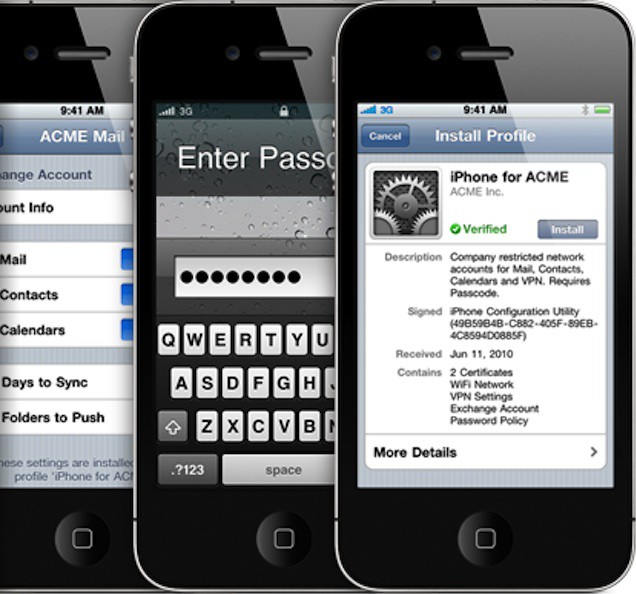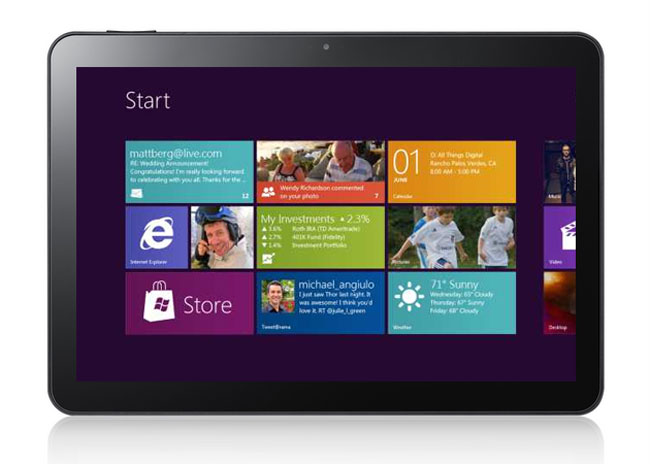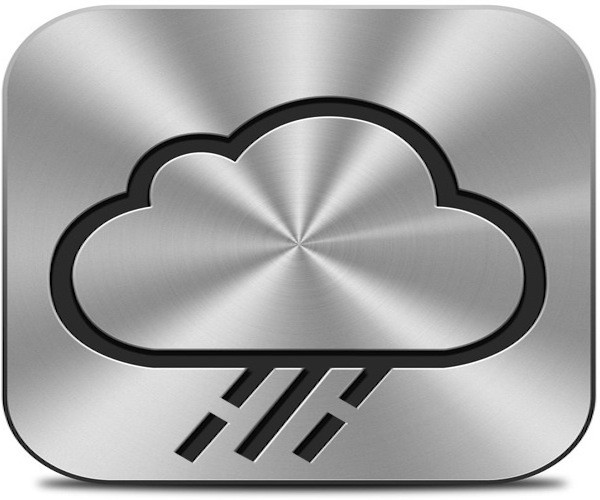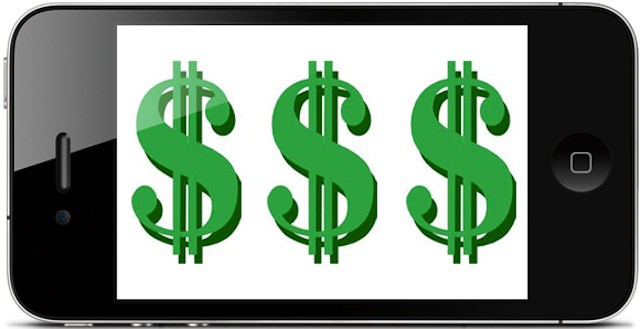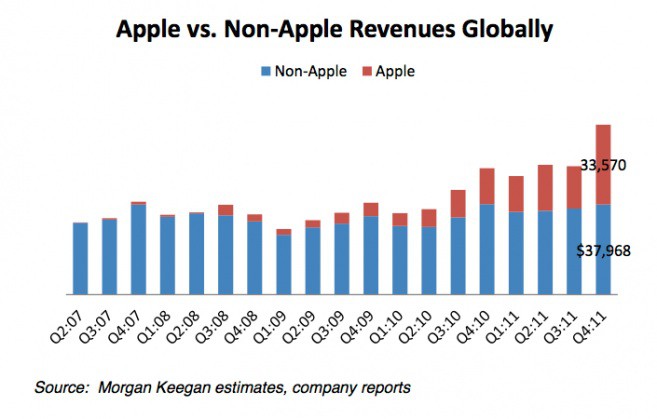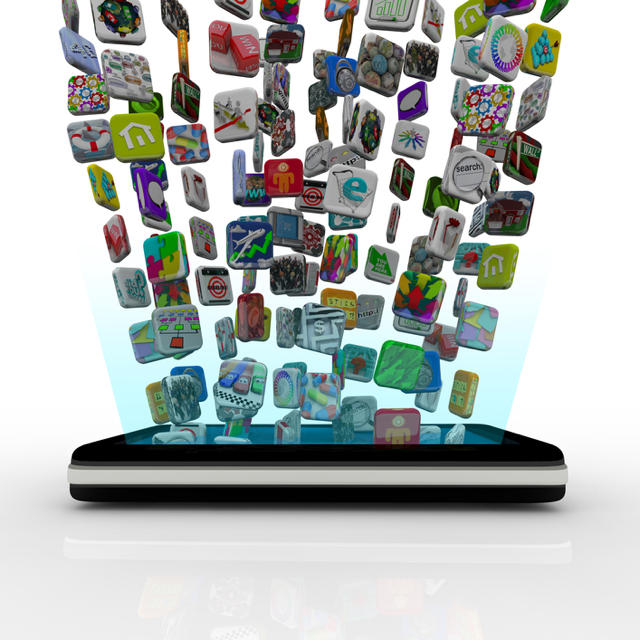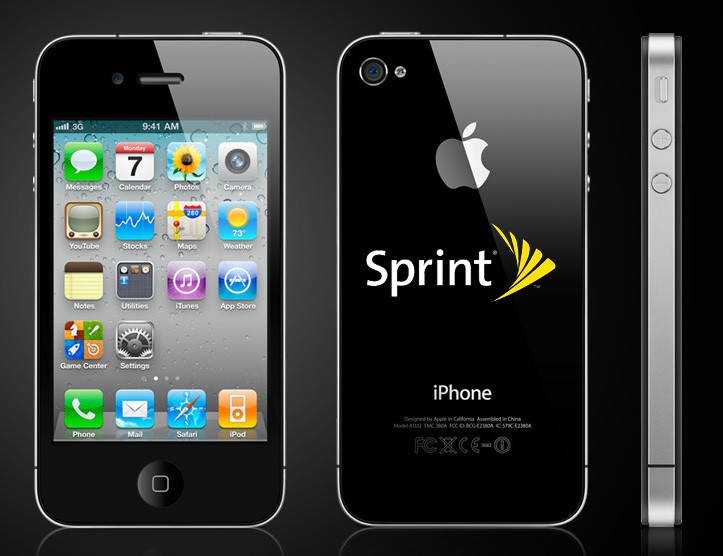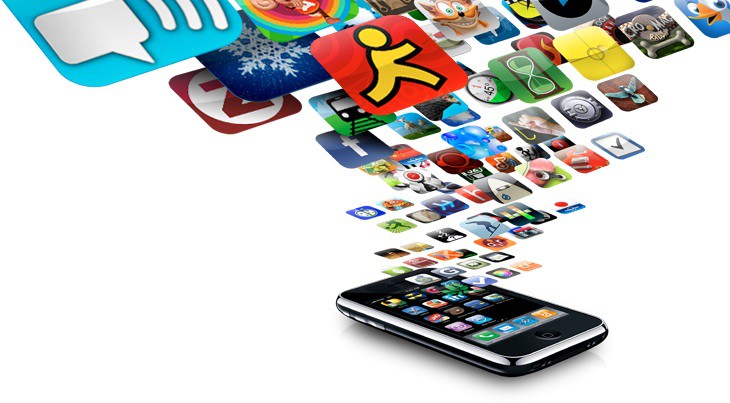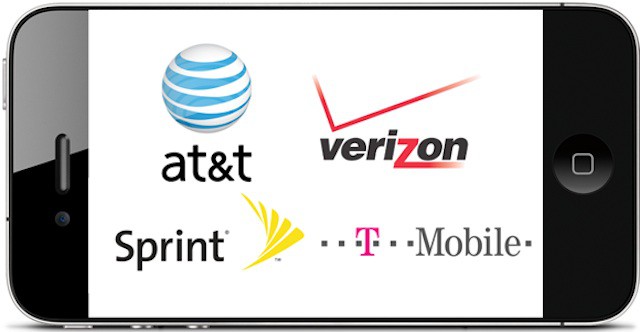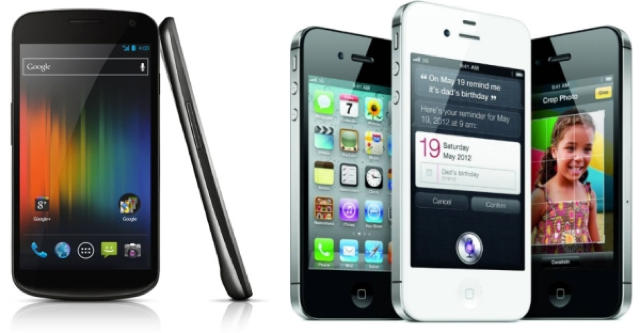AirPlay Mirroring is one of the iOS features that Apple is bringing to the Mac in Mountain Lion. It’s a feature that offers a lot of potential for mobile professionals and educators in addition to being a great supplement to a family’s living room.
AirPlay Mirroring works the second generation Apple TV. The Apple TV itself as a small and easy to carry device that can plug into any HDTV or modern projector. That simple setup combined with a Mac running Mountain Lion makes for a perfect portable presentation solution.
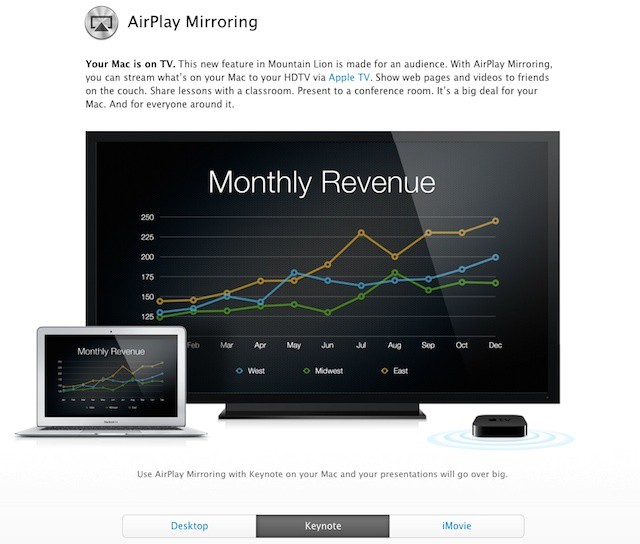
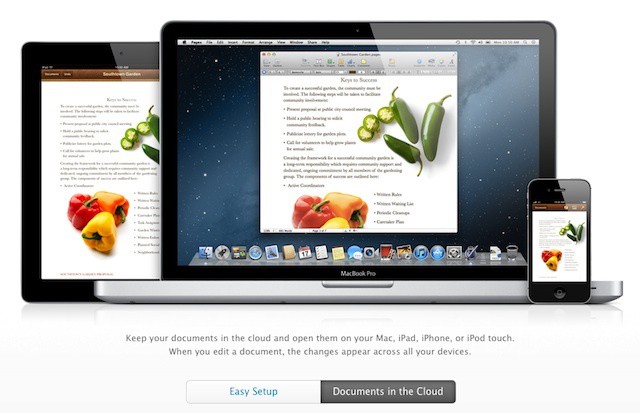
![Centrify Makes iOS Management Easy For Windows IT Pros And Does It For Free [Feature] Centrify offers DirectControl for Mobile and DirectControl for Mac](https://www.cultofmac.com/wp-content/uploads/2012/02/CentrifyLogoVerticalColorwithWhiteBackgroundHighRes1133x746.jpg)
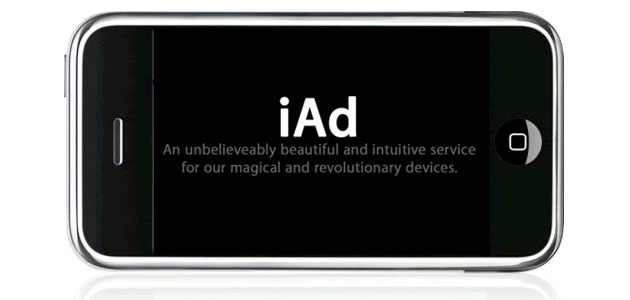
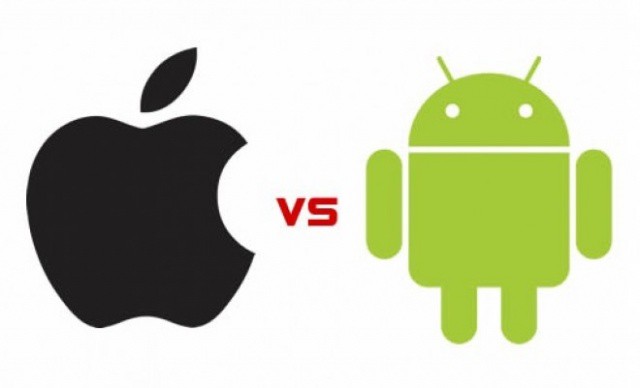



![BYOD Challenge: How IT Can Keep User-Owned iPhones And iPads Secure In Enterprise [Feature] Not everyone is ready to jump on the BYOD bandwagon](https://www.cultofmac.com/wp-content/uploads/2012/02/byod-tshirt1.jpg)
